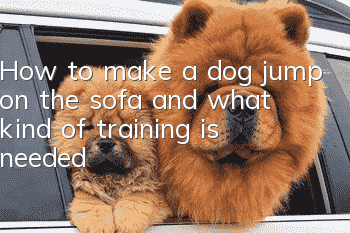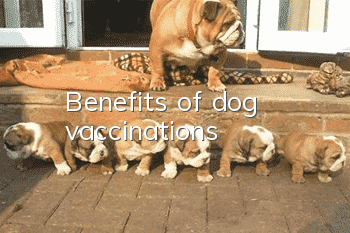How to best care for elderly dogs

Care methods for elderly dogs:
1. Feeding: Changes in the amount of exercise will affect the digestion and absorption capacity of the intestines, as well as the filtration and detoxification functions of the liver and kidneys. When making changes, you should pay attention to reducing the hardness of food, supplementing calcium, iron, vitamins and other trace elements in an appropriate amount, and changing foods with different tastes. Note: fasting foods that are not suitable for digestion and ensuring a supply of clean water.
2. Brush your pet’s teeth: If possible, brush your pet’s teeth to reduce the invasion of bacteria caused by gum inflammation.
3. Eye care: Use wet cotton frequently to remove excess mucus and clean the skin around the eyes.
4. Ear care: Check the inner auditory canal regularly and remove ear wax.
5. Joint care: Joint pain is a common problem among elderly pets. If they cannot move regularly, you can gently massage their muscles or stretch and flex their limb joints while they are resting.
6. Moderate exercise: Pay attention to maintaining the appropriate amount of exercise for the dog, enhance the dog’s physical fitness, delay aging, and keep it strong, disease-free and pain-free in its old age. In terms of exercise, don’t pay too much attention to the intensity and duration. It’s good if it can meet the needs of the dog. Too much is not enough. Too much exercise intensity and duration will be harmful to health.
7. Pay attention to cleaning and care: elderly dogs cannot bathe frequently. If the skin is healthy, it is recommended that washing once a month is enough. Because the metabolism of elderly dogs is slower, the skin produces There will be much less dandruff and oil, and frequent bathing can easily make your dog's skin dry and itchy.
8. Check the body regularly: You can check the condition of the dog's skin while combing its hair, especially the skin in the more hidden parts of the dog, such as the roots of the thighs, armpits, and buttocks. Dogs entering old age are actually more likely to get sick just like the elderly, and some elderly diseases may also break out during this period.
9. Weight control: Older dogs should pay more attention to weight control. Overweight dogs must lose weight, not only to prevent high blood pressure and vascular diseases. Excessive obesity will compress the dog's internal organs and limb joints, causing arthritis, heart problems and other problems. The way to control weight is to control the amount of food, so that the dog eats seven to eight times full, and urges the dog to exercise more to consume excess calories. In addition, if you maintain two or three points of hunger appropriately, your dog will have a better appetite, be easier to digest, and will be less picky about food.
- How to train a dog to stand for punishment
- How full is better for a dog to eat?
- What can you do if your dog snores?
- The origin of the Saint Bernard dog
- Can dogs chew sheep bones?
- Boston Terrier Habits
- The dog's leg suddenly became lame
- Dog becomes incontinent after seeing owner after being beaten
- Dogs like to lie between their feet
- Why do dogs rub themselves everywhere after taking a bath?



